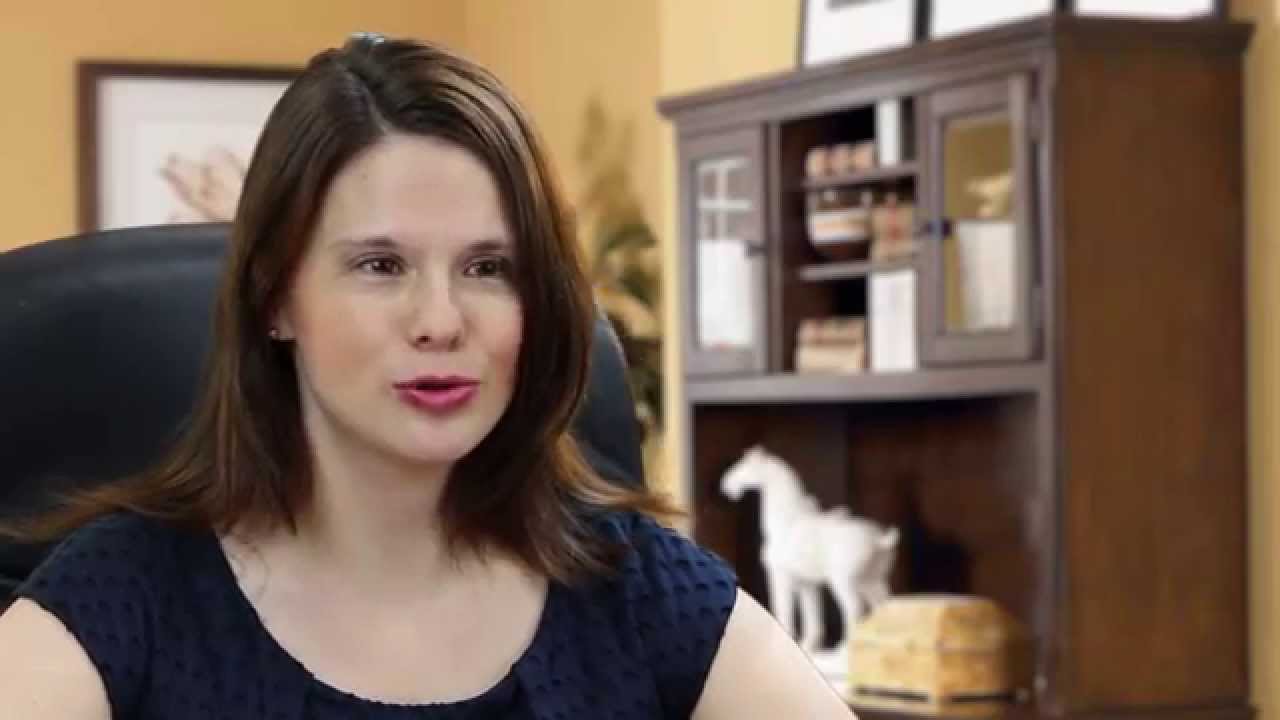Elder care law is a subsection of family law covering the needs of senior citizens. This may include planning for retirement, disability, long-term care and estates. An elder care attorney will need to know about issues relating to people age 65 and over, such as Social Security, Medicare, and the operations of hospitals and nursing homes.
What is Elder Law and Advocacy?
Beginning in the 1960’s, “futurists” began talking about the “aging” population, usually in terms of how life and society would be in the future, with a lot of predictions. Remember “Future Shock, Megatrends, The Age Wave, and others, not to mention George Orwells” 1984, Aldous Huxley’s Brave New World, and 2001: A Space Odyssey? The “now” generation that were the post-war adult consumers represented just the beginning of the “Graying of America”. The “baby boomers”, all growing old together, would some day change the way America did business, and the way that families would plan for not only the “here and new” for the “there and then”.
The first White House Conference on Aging was held in the late 1960’s. It focused attention on the aging population, and became a fully recognized part of the consumer movement of the 1970’s. Maggie Kuhn, founder of the “Gray Panthers”, championed the rights of older Americans. The American Association of Retired Persons joined forces with the National Retired Teachers Association to form the AARP, and a citizens lobby for and about aging Americans grew into an economic and political reality.
Researchers and social scientists have also been studying this national aging phenomena. The practice of law, as well, has attracted legal advocates interested in becoming familiar with those legal aspects that identify our elder citizens as a special group. Not unlike matrimonial law, family law, juvenile law, natural resource law, consumer law, and other specialty fields, a body of law and experience has developed over time that has now lead some attorneys to find their calling in “Elder Law and Advocacy”; representing senior citizens or their families, and assisting them in dealing with legal, social, political and personal issues that are specific to elders.
Elder law attorneys usually have background in various areas within the discipline of family law. They may have experience in financial planning, health care planning, insurance, probate law, disability law and planning, domestic relations, social security, and grandparents’ rights. Most are experienced in estate planning that includes surrogate decision-making in times of need, gifting and giftlaw, philanthropy, family wealth transfers, family business transition, planning for the transfer of non-titled property, the probate of estates, trust administration, and end of life decision-making.
Each individual and each family unit is unique. Families initiate a lot of significant planning on their own, and can become quite competent in making good decisions. As family members encounter life-changing events, however, experts with specific background and ability must be consulted for additional viewpoints and suggestions, and for an unemotional and objective perspective of the circumstances. Sometimes this places family members at odds over required decisions. Aging parents, who have been quite independent over time, may become more dependent upon a child or children for assistance in both decision-making, and the activities of every day living. Just as with health-related decisions, many other decisions require professional assistance.
Over time, the general practice family doctor branched into many specialty areas. So, too, have other professions in the personal and professional services area become more specialized. Many times family members or other caring and responsible adults must initiate consultation with an elder law specialist if the aging parent is no longer able to do so. At other times, the responsible adult is able to continue their life planning by engaging the help of an experienced elder law counselor.
In looking for an Elder Law attorney, the objective should be in finding a “counseling oriented” person ready to commit time and experience to your specific issues. They should not only have experience and background in several people-oriented areas of the law, but they should be committed to improving their knowledge and experience. At a minimum, they should be members of the Elder Law and Advocacy section of their State Bar, and any local elder law group. Additional memberships could include the Probate and Estate Section and the Family Law Section of the State Bar, and the National Academy of Elder Law Attorneys. They should also have a significant history of continuing professional education. An effective Elder Law Attorney should be able to communicate easily with the family members, but remain an advocate for the elder client, and they should be recognized in their community as an Elder Law Attorney.
WHAT IS AN ELDER CARE Attorney?
An elder care lawyer deals with issues that affect the growing population of aging seniors. The three main categories that elder care attorneys deal with are, estate planning and administration, including tax information; Medicaid, disability and other such long term care issues, and guardianship. Some elder care lawyers even cover some aspects of criminal law such as elder abuse, financial abuse, fraud and other consumer issues, nursing home neglect and nursing home impoverishment. If an elder in your family is in need of legal advice or representation, please contact an elder care attorney.
FACTS ABOUT ELDER CARE LAW
An elder care lawyer handles all of the legal aspects of laws pertaining to seniors. The census bureau says 26 states are said to double their senior population within the next 25 years. Therefore, elder care lawyers will handle more cases involving elder care law. Though it might seem costly to hire an elder care attorney, it is probably wise to let them handle the legal work.

